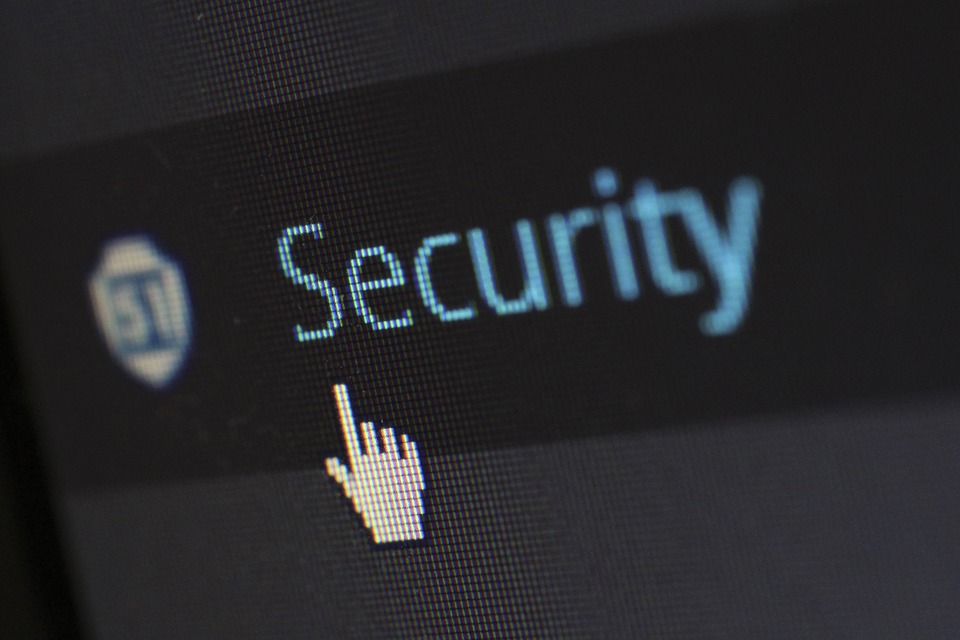The Various Aspects of Privacy and Security in A Smart Hospital
Despite the advances in technology, I have come across many healthcare organizations that still function on legacy systems. While such systems face increasing regulation for protecting the security of patient health information, the truth is, data breaches remain common in the industry. Communication between legacy systems is often challenging; malware detection or prevention capabilities are almost non-existent, and actual users have little or no insight of how systems operate.
What’s more, most hospitals do not have a robust device strategy in place, hence physicians and patients that make use of personal devices have no clear know-how of what to do in the event of a security breach. Given the rise in the number of security breaches, the smart hospital concept is quickly picking up steam. While smart hospitals are known to improve the efficiency of hospital operations that eventually lead to better quality care, the most valuable benefit they bring to the table is in terms of privacy and security.
Here are the various aspects of privacy and security that I find particularly critical in a smart hospital:
- Interconnected medical systems: One of the most important things that a smart hospital does is to bring together siloed systems into one unified system. With user identification deficiencies, endpoint leakage, and excessive user permissions accounting for nearly 37% of common security vulnerabilities, interconnected medical systems are a great way to curb the occurrence of breaches and security loopholes. Since several physical and logical security controls are built-in, these systems improve the overall security posture of the organization. Also, since each independent system is connected to every other system in the premise, access to unauthorized personnel is greatly limited – thus allowing only people with the required permissions to access, share, and work upon data.
- Proactive maintenance and monitoring: Although no organization can be entirely safeguarded from breaches, if they can be identified before they impact operations, the security and privacy of critical information can be safeguarded in a large way. Smart hospitals, through various analytics and machine learning capabilities, offer much-needed visibility into the healthcare ecosystem. Organizations can identify risks, and take proactive measures to minimize the risk. By monitoring device and system behavior, and what they do in the context of medical workflows, hospitals can detect anomalies when devices behave suspiciously. Such early detection not only enables a quicker response but also dramatically reduces the chances of a major service disruption.
- Authorized access using biometric scanners: Smart hospitals, through the use of biometric scanners, not only restrict unauthorized people from entering the premises but also ensure only authorized personnel can access information. By doing away with passwords and pins – which are easy to guess, hack and steal – biometric scanners help secure critical healthcare information, and prevent the likelihood of errors which could mean the difference between life and death. It also enables hospitals to ensure compliance with government regulations such as HIPPA that mandate the protection of patient information.
- Digitized patient records:How often have you heard of patient records getting lost or mixed up? The age-old trend of storing patient information in files and other physical documents is finally becoming obsolete, enabling healthcare organizations to protect patient privacy and curb information misuse. Smart hospitals, through the digitization of patient records, ensure the right information is available at the right time, to the right doctor, for timely diagnosis. Since the information can be easily and securely shared between departments, treatment schedules are accelerated, and healthcare outcomes improved. With no risk of patient data being altered or distorted, hospitals can make sure only the best and most accurate treatment is provided to every patient.
- Business continuity using the cloud: Disasters do not come with warming; since they can occur anytime, anywhere, it is important for healthcare organizations to secure the premises in the event of a catastrophe. Smart hospitals, through the use of cloud, ensure business continuity plans are always in place – thus reducing potential headaches involved with disaster recovery. If disaster strikes, critical patient data, and hospital information get automatically relocated to a secure location, safeguarding data at all times. What’s more, blockchaintechnology in the cloud helps hospitals securely store patient data profiles which can then be shared with patients, healthcare providers and even research organizations. It is estimated that by 2025, 55% of healthcare applications will have adopted blockchain for commercial deployment.
- Reduced trespassing with smart facility management: Physical security at hospitals has always been lackluster – most often than not, the general public can be seen walking into the healthcare premise, without being asked for their credentials or having through go through a security check. Smart hospitals, through efficient facility management, curb the instances of trespassing and ensure the physical safety of its incumbents at all times. By having sensor technology at every entry point – that is connected to the hospital alarm system – staff can be alerted of any unauthorized access into the premises, and immediately identify and address the issue for improved safety.
Ensure end-to-end security
As technology continues to transform the way healthcare is delivered, and with increasing pressure to comply with the ever-growing list of regulations, the healthcare industry is under a lot of stress. Burdened by the growing cybersecurity risks inherent in the expansion of connected devices, privacy and security of patient and research data has become a pressing need. Smart hospitals, through the use of interconnected systems, proactive maintenance and monitoring, biometric scanners, digitized patient records, cloud and facility management are enabling healthcare organizations to keep security as the foundation of every process.
With global smart healthcare market expected to reach $169.30 billion by 2020, it is through smart technology that hospitals can ensure security, redundancy, and robustness throughout the organization.




